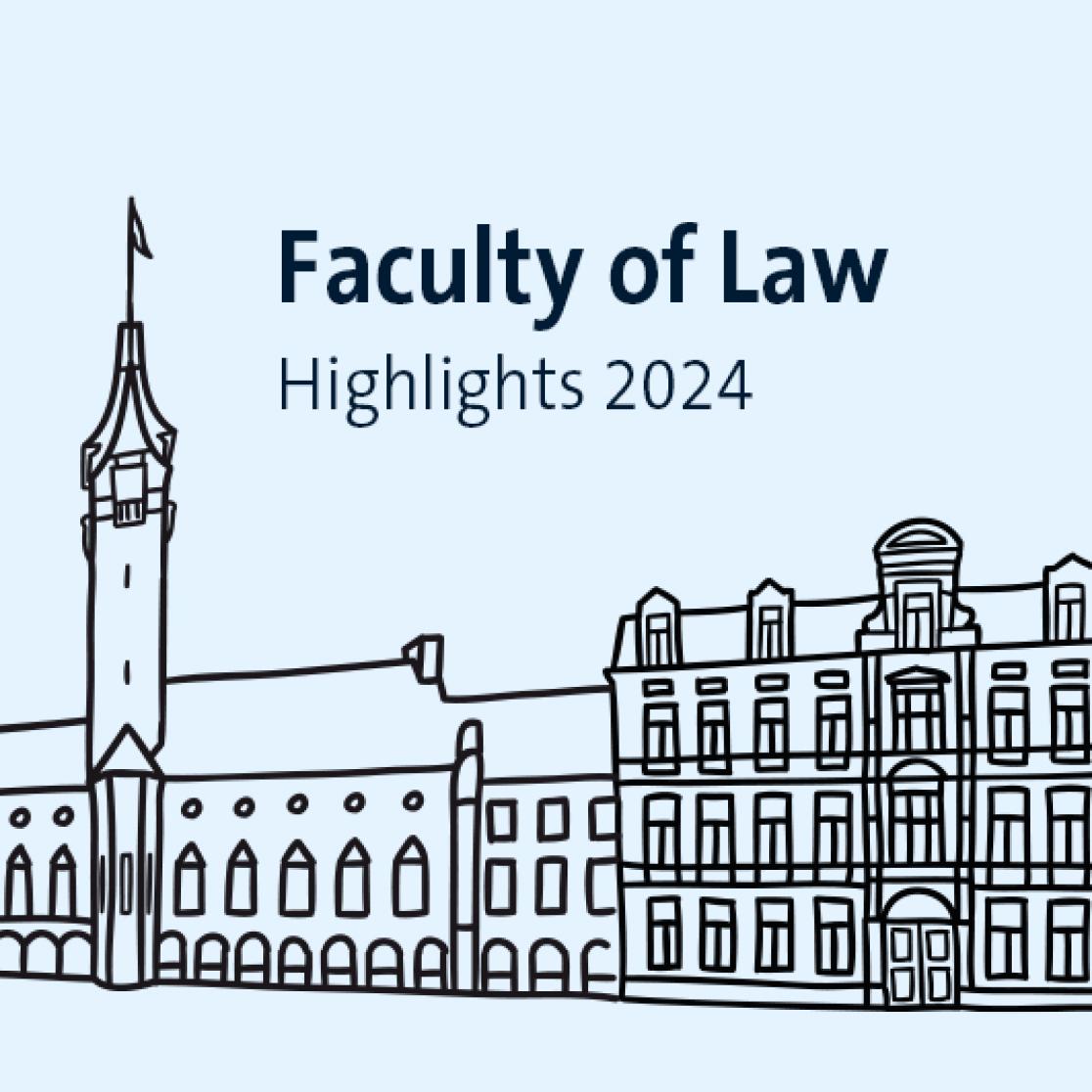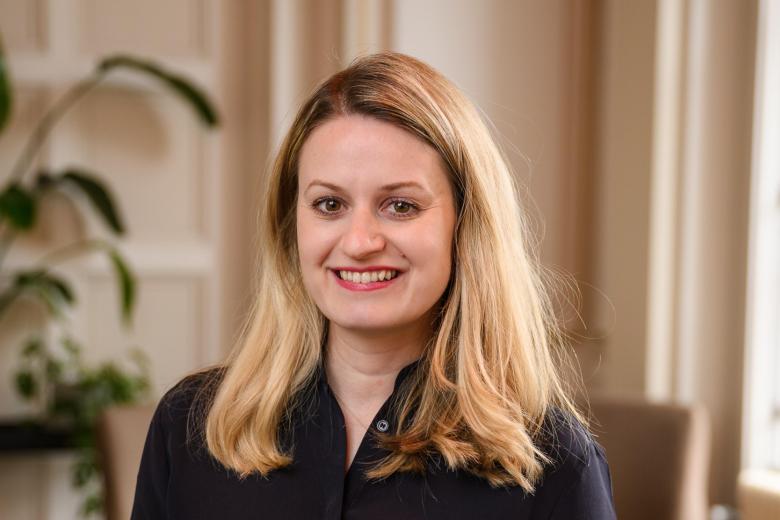Research
The Faculty of Law has a strong and distinct international profile both in education and
in research. Our faculty is an inspiring and lively place where enthusiastic and inquisitive
researchers seek to find answers to the pressing legal issues of today in a multidisciplinary
and interdisciplinary context.
Research involves studying both institutional and substantive developments in the process
of Europeanisation and globalisation and the role of the national legal order therein.
What makes doing research at our faculty so unique?
Watch the video with our former vice-dean of research, Monica Claes to find out.
Researchers are able to flourish in the faculty’s vibrant academic community. They develop their own research projects, within the contours set by the faculty’s research programme.
Faculty in Focus
Our faculty is always buzzing with ideas, discussions, and events! Across the past period, our students, researchers, and staff have been involved in an impressive range of activities, from helping solve cold cases to organising events on children’s rights, and from exploring legal questions in popular culture to rethinking how we teach law.
This series brings together some of the most remarkable and inspiring stories. Whether in the classroom or outside the faculty's walls — one thing is clear: our community continues to explore, innovate, and make an impact.

Maastricht Graduate School of Law
The Maastricht Graduate School of Law offers a stimulating and internationally oriented environment for legal research. It is dedicated to train excellent PhD researchers and honours students from all over the world to extend, deepen and actively apply their knowledge, so as to become highly qualified researchers.





